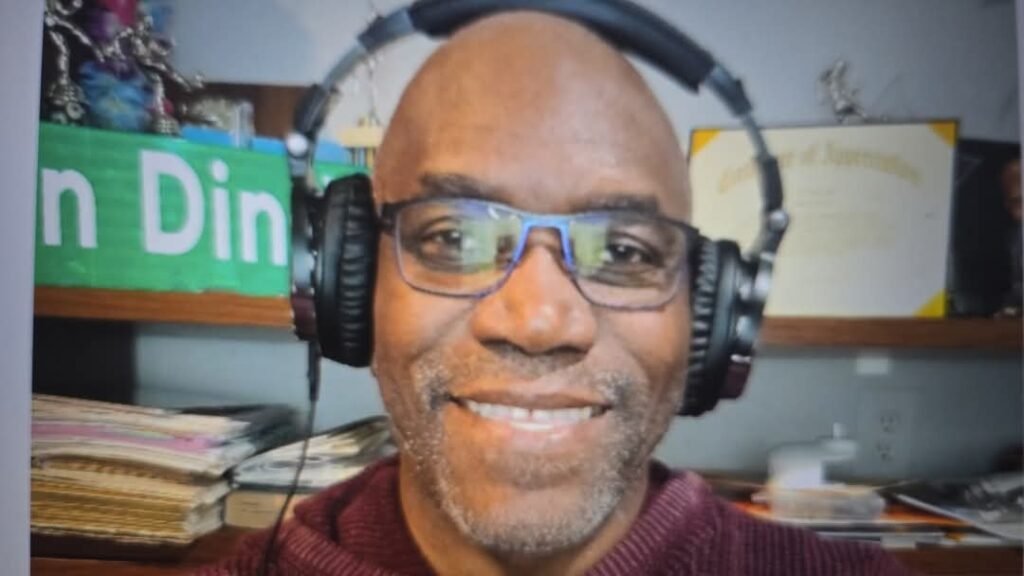John Fitzgerald Greene is an Antiguan author, motivational speaker, and healthcare professional who specialises in promoting the belief that there are bright spots in dark moments.

No one owns anyone. This fact seems to escape many people who claim ownership of others. From lovers to friends, people in powerful positions, celebrities with all their fortune, seem to think that their relationship with others gives them ownership. So, we hear the term “my woman,” “my wife,” “my husband,” “my people,” etc., and for most, it means nothing but a sense of pride in those persons. However, for many, it means they think they own the person. They mean that the person shouldn’t do anything without them. It means that only they should have access to that person’s life. I put it to you that that mindset is a slippery slope.
We own things, not people. We have relationships with people, not things. The whole concept seems to have been lost on many. I am strongly suggesting that words matter. Ownership words, such as “my woman,” “my man,” etc., often lead those who specialize in controlling others to use their proximity to the person to stop them from doing things that make them happy, stop them from talking to others, or, in some cases, stop them from having a thought of their own that can be celebrated with openness.
That type of controlling is sometimes embraced by the controlled, as they start to believe what the controller says. They accept their role as property, not as a person in a shared relationship. That’s one reason why the controlled will go to battle for the controller. They will see abuse as affection and ownership as a good thing. Leaving is often fraught with danger. So, many will watch and wonder why they don’t leave, why they allow themselves to be treated that way. But that’s a view from rational thinking. The view from inside the ownership is far different. Trying to get the owned to talk badly or leave the owner is almost impossible.
Then, many from the outside looking in may see the owner’s public affection and think all is well. A lot of controllers often have the financial means to afford anything and everything and will buy people and things to maintain their control. These controlling ones often show the most public affection. They have a public personality and a private one. The smile may be to die for, but the controlled is often dying in private.
Then, there are those who look on and cheer what they see as a good relationship because they equate good with money and things. The idea of a good relationship is often lost on them. They will judge the person who got owned and declare that they have it so good, so why complain. There are those who believe they would love what they see. They may even be envious of what they see. Then, the true ugliness of “relationship” comes to light. The public persona and private persona get to be one and the same. The cursing, the physical abuse for even simply looking at another person, etc.. some who see that public persona will blame the victim/controlled for the actions of the controller.
Assess your relationships and see if you are being controlled or if you are a controller. Are you a “me, me, me” person, or do you celebrate the idea of the “we” relationship? Are you in a relationship where only one person wins all the time, or do you have a win-win relationship where working together brings joyful feelings and rewarding results? Are you able to collaborate on things? Are your thoughts celebrated? Are you able to still have your own individuality while in the relationship? Ask yourself if you are owned or controlled. Are you giving without receiving?
If being controlled is your thing, then who am I to judge? If it’s not, then make a move for your own sake, you may need professional help to build you back as a worthy person as that type of controlling setting can steal your joy and humaness. Get help and start afresh because relationships are not ownership. All is not lost their are good people out there seeking good people.
If you are a controller, you too need professional help to restart and embrace relationships as relating to someone for mutual love and enhancement of life experience and not a boss to employee thing, or a person owning a thing.

